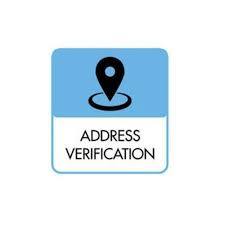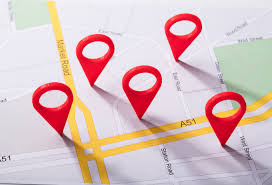What is an Example of Address Verification?
- Aug 2, 2023
- 1 min read
In some cases, a proof of address check is required by law to open bank accounts or gain access to government services. It can also be used to ensure that a product or service is only available within a certain geographic region.

While different markets require address verification for their own reasons, the basic process is the same: software pings an official database to confirm that an address exists and that it was entered correctly. Address validation software typically includes several functions, including "cleaning" (correcting mistakes in the data), supplementation (adding missing address components like a postal code) and standardization (standardizing address formatting such as abbreviations for street names).
The last function is especially important, because it helps to ensure that an address matches with a real location, rather than being a fake one. This is why many certified address verification providers provide additional functionality, such as geocoding and reverse geocoding.
Depending on the market, address verification can be applied at various points in the customer journey, from customer onboarding to ongoing fraud detection and prevention. For instance, a financial institution can use an address verification solution to help identify potential money laundering activities by ensuring that the account holder's actual address is in the country where they reside.
Another use case for address verification is in identity and age verification, to make sure that a user's claimed age and identity match the documents they present. This could be something as simple as a birth certificate or a driving licence, as well as more extensive checks such as a credit report.
SITES WE SUPPORT
SOCIAL LINKS



Comments